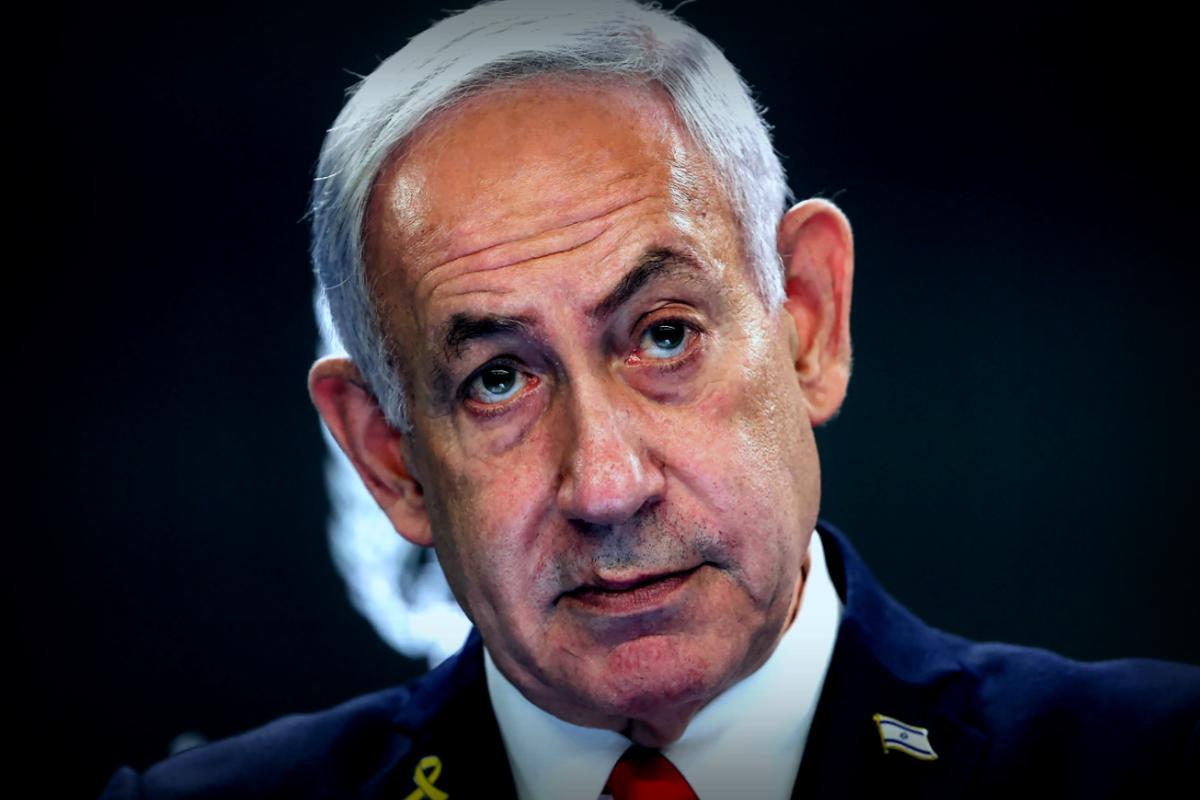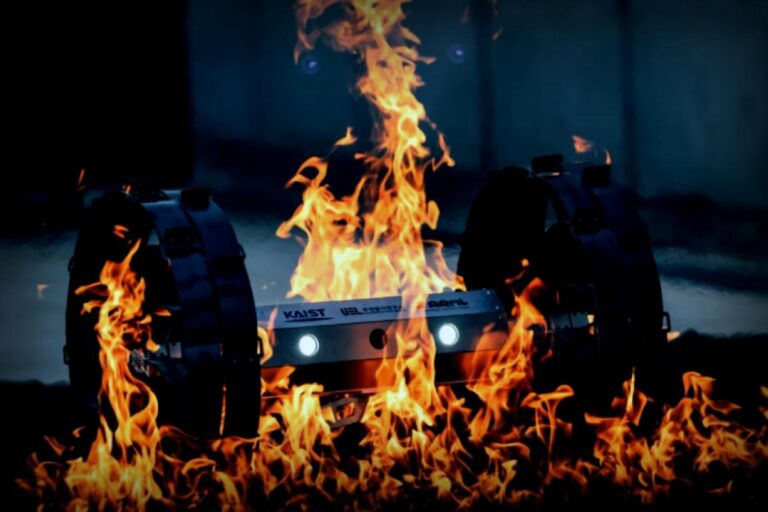Pressures from various sides mounted on Israeli Prime Minister Benjamin Netanyahu this Sunday as his highly contested military initiative aimed at Gaza City sparked outrage both within his administration and among the Israeli populace. The sharp rise in malnutrition-related fatalities in the Gaza Strip is just making things worse on the humanitarian front.
During a Sunday press conference, Netanyahu took a firm stand, denying the claims of starvation in Gaza and calling them an exaggeration. While he acknowledged there was some level of “deprivation” in the area, he contended that if Israel were enforcing a starvation policy, “nobody in Gaza would have survived after two years of warfare.”
In supporting the new military escalation, Netanyahu insisted Israel had to “finish the job” and ultimately achieve a victory over Hamas, simultaneously asserting that “hundreds of aid trucks” had successfully entered Gaza.
On the other hand, those on the left quickly voiced their disapproval, arguing that the proposed military offensive would likely worsen the already grave humanitarian conditions in Gaza, jeopardizing the lives of hostages still held by Hamas. In a show of dissent, protests for an immediate ceasefire amassed thousands of participants Saturday evening across cities like Jerusalem and Tel Aviv.
Interestingly, some far-right members of Netanyahu’s own coalition think the plan is far too lenient.
Bezalel Smotrich, Israel’s Foreign Minister, criticized the plan in a video message late Saturday, labeling it a “foolish” half-measure and calling for a more compact and decisive strategy to achieve victory over Hamas, rather than a temporary ceasefire’s potential fluctuations.
Smotrich’s discontent is worrying for Netanyahu, as he’s expressed a loss of faith in the Prime Minister, possibly shaking the already delicate coalition.
Israeli opposition figure Yair Lapid saw his moment to pounce. He urged Smotrich to collaborate with him on a bill that would initiate the dissolution of Parliament, advocating for new elections. “You’ve stated yourself that the Prime Minister’s policies are failing to secure victory in Gaza, reclaim the hostages, or achieve desirable results in the conflict,” Lapid pointed out, per the report from Times of Israel.
Later on Sunday, an emergency session of the United Nations Security Council convened to assess Israel’s planned offensive, which has faced condemnation from countries like Britain, France, Australia, and others.
James Kariuki, the UK’s deputy permanent representative to the U.N., urged Israel to reassess its course, claiming such a plan “will only amplify the suffering of Palestinian civilians in Gaza.”
Meanwhile, the gravity of the humanitarian crisis continues: in recent reports, the Gaza Health Ministry noted that five more individuals, including two children, succumbed to malnutrition and starvation over just the past 24 hours, raising the death toll to 217, of whom 100 were children.
The director-general of the World Health Organization, Tedros Adhanom Ghebreyesus, reported earlier this week that at least 99 individuals, including 29 children under five years old, have died of malnutrition this year alone. He emphasized that these figures might actually be understated.
It has been noted that the humanitarian aid being delivered to Gaza, whether through air drops or a limited number of trucks, falls far short of what is necessary to adequately feed the 2 million inhabitants of the enclave.
On a tragic note, reports emerged that a 14-year-old boy named Muhannad Eid was killed when an aid package, airdropped over Gaza, struck him. His brother, Muhammad Eid, commented, “This is an aerial humiliation, not aid. We need protection. We’re asking for international help.” Condemning the insufficient humanitarian approach, the Gaza government media office stated that 23 individuals have lost their lives during airdrops since the Israel-Hamas conflict reignited 22 months ago.
Local health authorities cited that over 61,000 Palestinians, including minors, have been killed since the conflict reignited on October 7, 2023, linked back to Hamas’s attacks where roughly 1,200 people were initially killed and 251 individuals abducted.
Of the dozens of hostages still believed to be held captive by Hamas, Israeli officials estimate about 20 remain alive. Advocates for hostage rights, alongside Netanyahu’s own military chief, have stressed that intensifying military operations could jeopardize their safety.
The recently announced strategy, laid forth by Netanyahu’s administration, outlines five core objectives to conclude the military conflict: disarming Hamas, returning all hostages, demilitarizing Gaza, assuming security control of the territory, and forming a “new civil administration that neither corresponds to Hamas nor the Palestinian Authority.”
However, executing these takes considerable time, ripe for naysayers in the Israeli cabinet who fear diplomatic resolutions could interfere with their mandates.
Expert opinions point out skepticism surrounding whether this plan would ensure security for Israelis or if it would prove useful at all. Michael Milshtein, an expert with the Palestinian Studies Forum at Tel Aviv University, described the outlines as filled with “hollow slogans.”
He elaborated, mentioning the frequent notion of accomplishing both releasing hostages and overcoming Hamas as simultaneously unrealistic. “You just can’t hunt two hares at once. Hamas could execute hostages, or the military operations might endanger their lives during the attacks.”
When addressing the hostage crisis, Netanyahu asserted that his aim was to secure the rescuing of the hostages while also ensuring the remains of those killed are retrieved. “If we don’t take any steps, no one will come home,” he stated, indicating that his proposed military action may hold the potential for retrieving them.
An overarching query looms about who would govern Gaza in the long haul. Netanyahu shared that he hopes to delegate responsibilities to “Arab powers,” noting that several candidates are currently under consideration for this new interim management.
However, he has not elaborated on specific identities, other than confirming it will categorically exclude Hamas and the Palestinian Authority. This raises concerns, as commentator H.A. Hellyer remarked, “There’s nobody left. No Arab state is going to step in as Israel’s enforcer on the ground.”





















